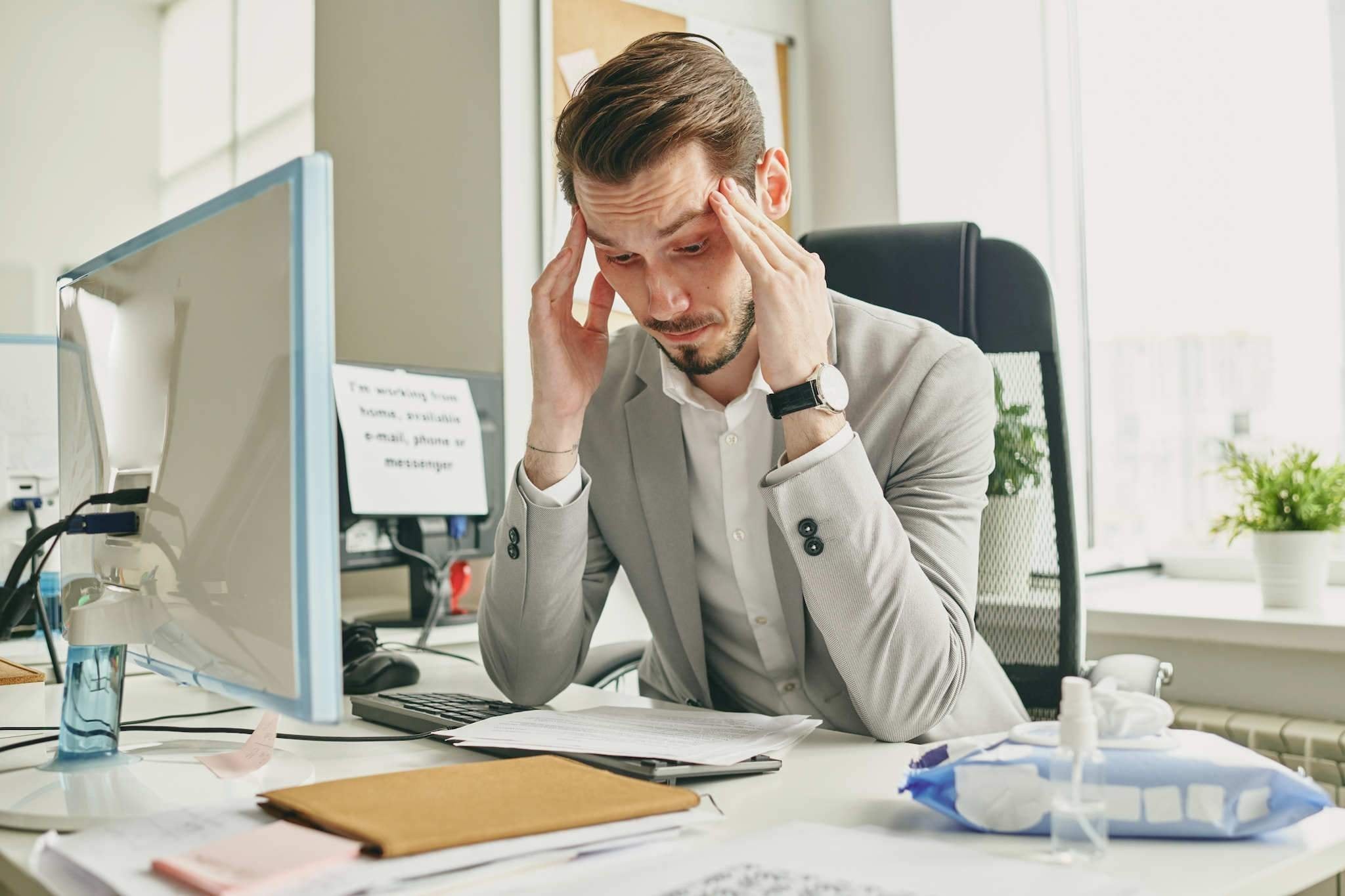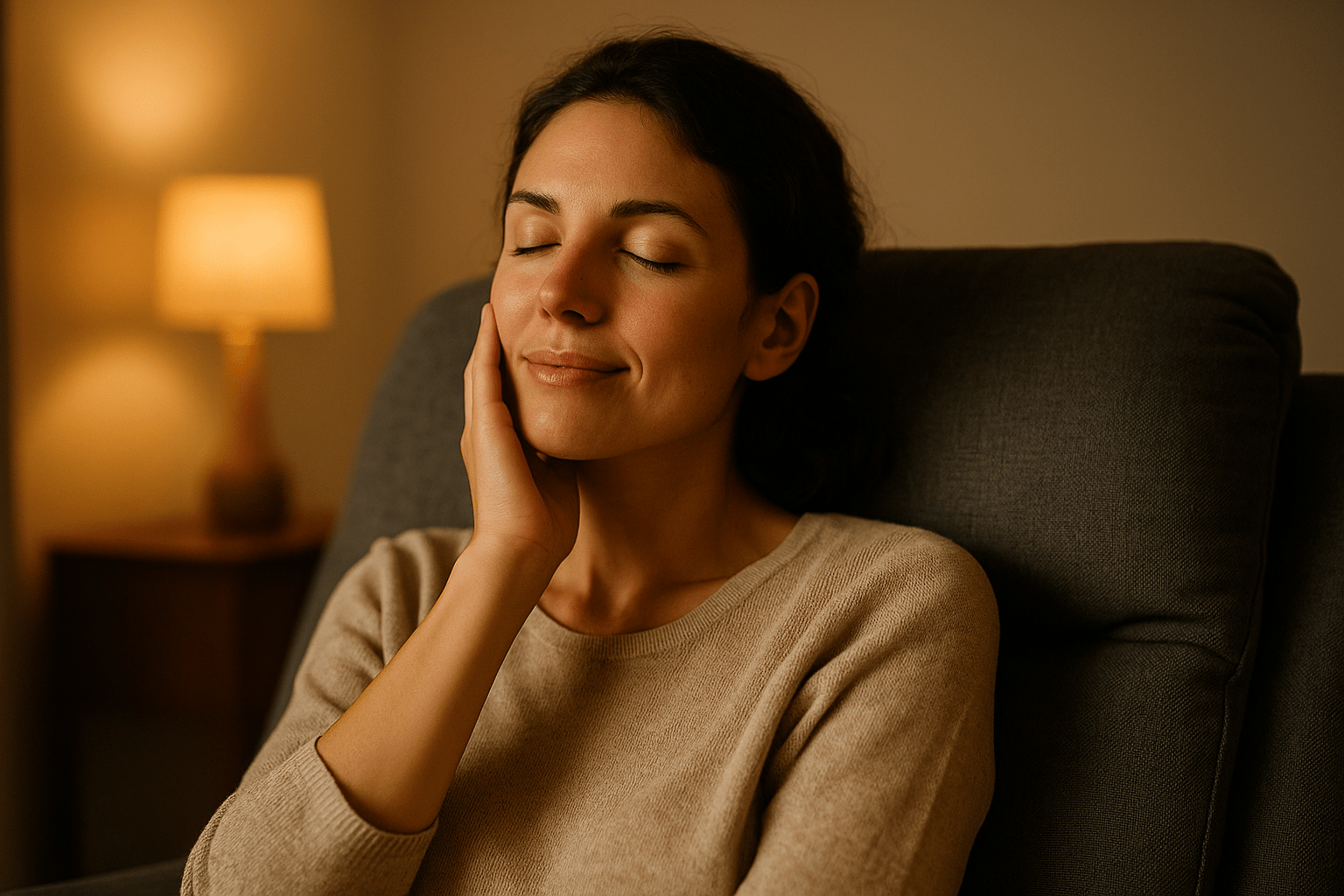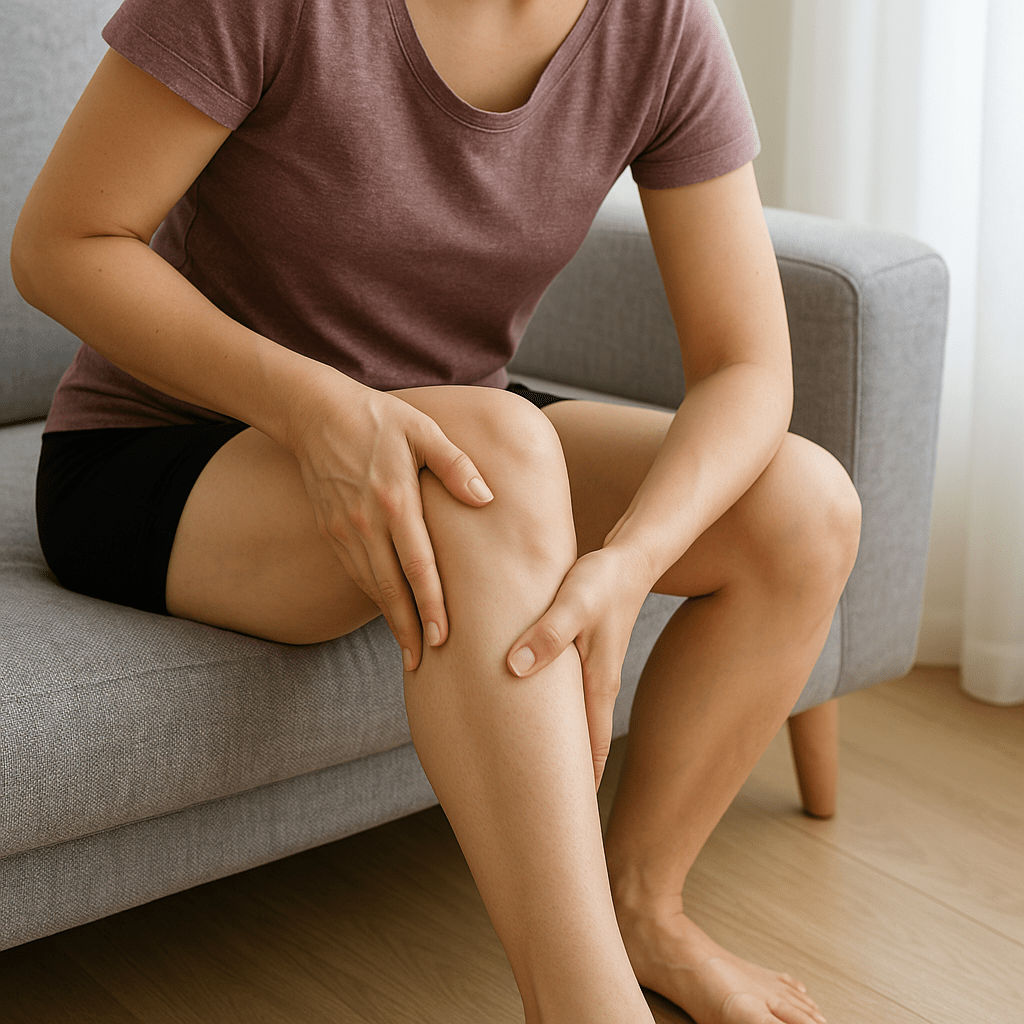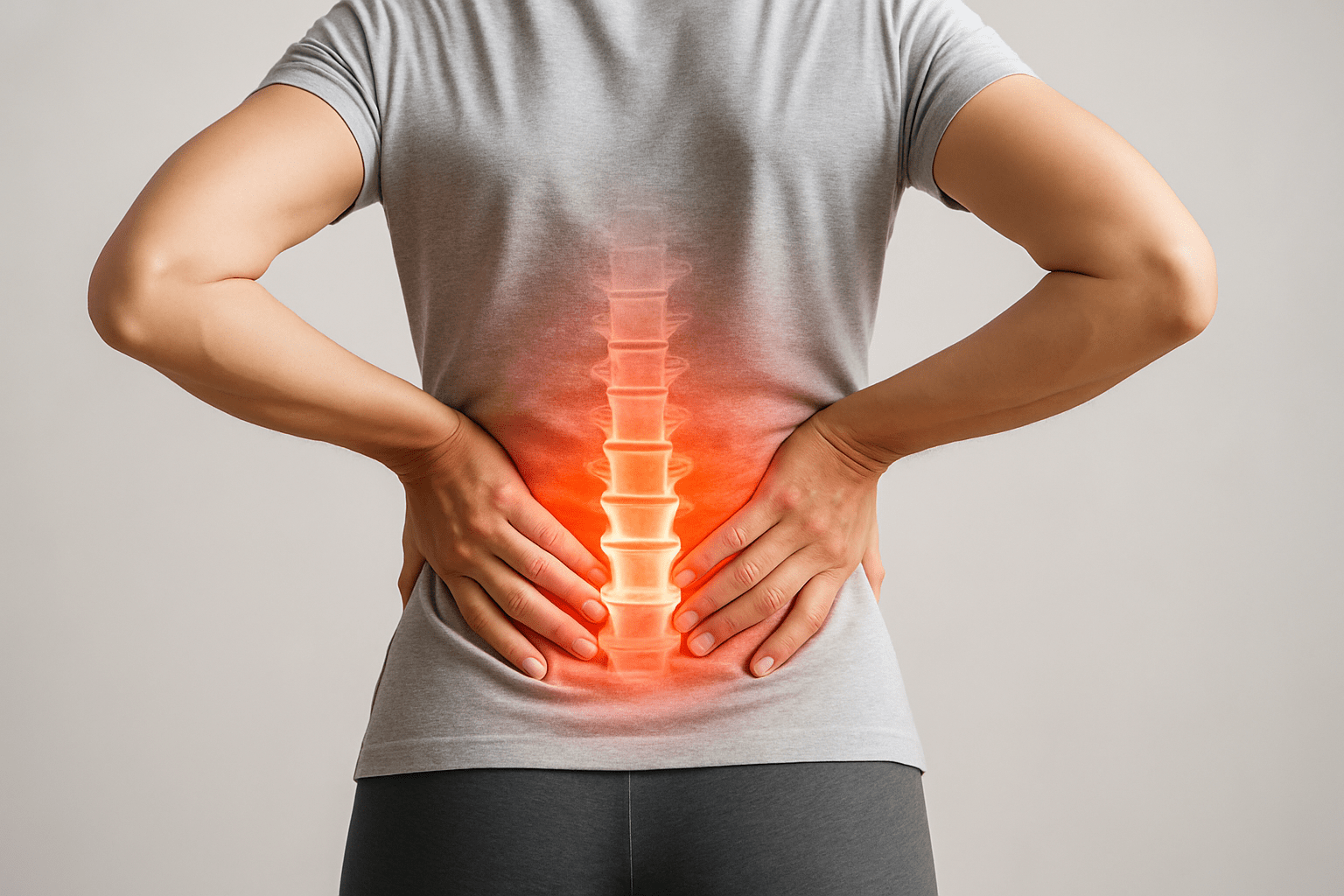Stress in the office or home office?
The topic of "stress at work" is seemingly timeless and ever-present. It is important to talk about the causes and resulting consequences. How do we define stress? According to the Duden dictionary, the definition should sound like this: Increased stress, strain of a physical or mental nature. Stress should therefore be seen as a symptom of excessive demands, especially in situations that we cannot influence. A traffic jam on the way to work and the resulting lateness can trigger stress/displeasure. This is still manageable, but together with other circumstances it can develop into a bigger problem. Anyone who is permanently, daily and permanently under stress,...


The topic of "stress at work" is seemingly timeless and ever-present. It is important to talk about the causes and resulting consequences.
How do we define stress?
According to the Duden dictionary, the definition should sound like this: Increased stress, strain of a physical or mental nature. Stress should therefore be seen as a symptom of excessive demands, especially in situations that we cannot influence. A traffic jam on the way to work and the resulting lateness can trigger stress/displeasure. This is still manageable, but together with other circumstances it can develop into a bigger problem. Those who are permanently, daily and permanently under stress are particularly at risk of developing health problems or illnesses.
What is stress in the workplace?
The WHO (World Health Organization) has defined workplace stress as"the set of reactions that workers may exhibit when confronted with job demands and pressures that are not commensurate with their knowledge and skills and that challenge their ability to cope."
They use it to describe the state when we are no longer able to solve problems or can no longer cope with demands. Then we often have the feeling of losing the ground under our feet. Permanent stress endangers our health more than we think, both physical and psychological.
Stress at work affects everyone
No one is immune to stress in the workplace. From managers to workers, whether self-employed or civil servants. The circumstances are different, but the effects on health are the same, namely harmful. Stress culminates in burnout, the state in which all limits have been reached or exceeded. Women are more likely to be affected by stress at work, which could be because they are more likely to work in social professions, as nurses or caregivers. While some feel challenged by stress to do even more work, others perceive it as an oppressive burden that paralyzes them and makes them unable to move.
What are the causes?
As individual as the triggers for stress are, so extensive is the list of possible causes:
- Too high workload or underchallenge
- Stressful working hours, e.g. shift work or piecework
- Too many different tasks or the lack of variety
- No recognition of the performance
- Exclusion, both spatial and personal
- Lack of clear structures
- Difficult tasks
- Poor working conditions (ergonomics, noise, environmental influences)
- Poor working atmosphere
- Disagreements up to internal or external violence
- Moral or sexual harassment
- Dissatisfaction due to lack of trust/confidence by supervisor or colleagues.
- Job insecurity (fixed-term contracts, continuation of the company)
- Technological change and resulting requirements (constant learning of new techniques)
- Lack of transparency and communication within the company
What are the consequences?
The most common side effects are:
- Headache
- Tension in the body (neck, back, muscles)
- Reduced sleep quality (sleep deprivation or persistent fatigue)
- Gastrointestinal problems
- Increase or disturbance of the heart rate as well as the blood pressure
- Weakening of the immune system
- Psychological complaints (anxiety, irritability and moodiness, depression, burn-out, loss of self-esteem).
We could add to the list endlessly. At the first signs, do not hesitate to listen to your body and react!
We are all the more grateful to people who work to prevent such circumstances and their consequences. They make entrepreneurs aware of what stress means for employees and what consequences it can also have for the company. These people point out ways that benefit the companies and their employees alike. Their solutions include in-house massage services.
What is effective against stress?
Prevention is probably the most effective weapon against the culprit of stress. Companies are even required by law to prevent psychosocial risks (PSR), which include stress. Awareness of the importance of health promotion is constantly being raised among entrepreneurs and, for the most part, internalized. Nevertheless, they regulate the necessary measures for this themselves.
What can I do for myself?
How reassuring it is to realize that while you can't necessarily influence how the company deals with this issue, you can take steps to improve the situation, at least for yourself.
- Healthy lifestyle: Balanced diet, adequate hydration, exercise, sufficient and regular sleep, self-discipline.
- Seek balance: Through hobbies, sports, excursions or any activities that do you good
- Creating structures: Use of to-do lists, effective scheduling including restful breaks, self-organization.
- Rest: At least 3 weeks of vacation at a time are necessary to regenerate properly.
- Communication/messaging: Seek to talk to a colleague you trust, the works council, superiors, or external counseling centers.
- Seek help: Therapists, doctors, psychologists or other, competent professionals are available in every area
Eyes open when choosing a workplace
Companies are attaching increasing importance to the feel-good factor for employees and their social responsibility. This is because applicants are increasingly attaching importance to employee-friendly offers such as massages, fitness options or after-work sessions. This makes them feel valued and more motivated. They can identify with the company through this and are more likely to make a commitment.
The better the employees feel, the better the company feels. This is because health-promoting offers reduce absenteeism due to illness and increase productivity. The European Agency for Safety and Health at Work has found that stress is responsible for 50 to 60 % of all sick days. It is the most common cause of sick leave in Germany.
Is an open-plan office a source of stress?
Here, many experts disagree. For some, the advantages of the system outweigh the disadvantages, while others find endless drawbacks. The noise level is increased, the risk of distraction is great, the lack of privacy is uncomfortable, and control by superiors is omnipresent. This quickly leads to tension among employees and a poor working atmosphere, which in turn provokes stress. In our opinion, working in an open-plan office is a source of increased stress.
The transition from stress to burnout
Long-lasting stress can quickly lead to burnout, with stress as the cause and burnout as the pathological consequence. The transitions are fluid and sometimes difficult to delineate. If the body can no longer compensate for the stress, it reacts by expressing various symptoms that you should take seriously. Stress is not the only cause of burnout; other factors also play a role. But stress usually has the largest share in the mixture that causes illness.
Back pain can be aggravated by stress
Our body reacts to stress with tension and tenseness. The tension makes itself felt mentally and the tension in the muscles. Both can result in pain. The cervical spine or the neck and shoulders are particularly affected. They do not only carry imaginary a heavy load. Then you quickly find yourself in a vicious circle: the back pain results from stress, which in turn causes us additional stress. Sometimes the only thing that helps is to take a deep breath and look ahead! The purchase of a massage chair can also have positive effects.

Co-founder and Managing Director of Massage Chair World. With his expert knowledge and industry expertise, he helps private individuals and companies to find the right massage chairs for relaxation, health and vitality. The individual expert advice is provided both by telephone or video chat, as well as in the exhibition outside Stuttgart.




